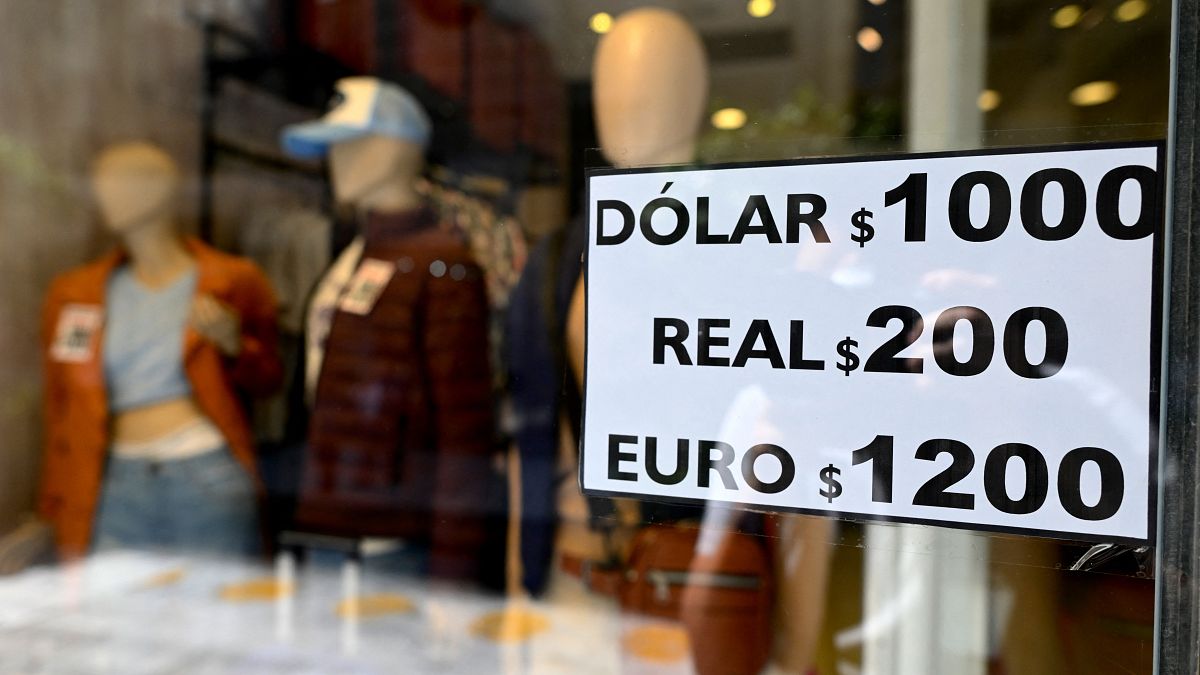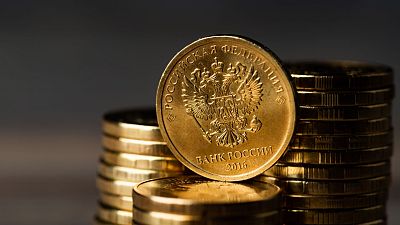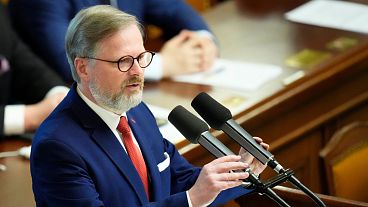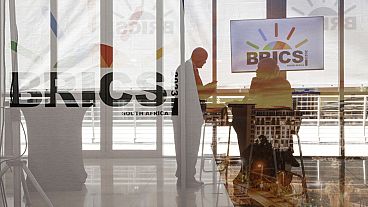Argentina's inflation was 138% in September compared to the previous year.
Argentina's central bank has raised the country's benchmark interest rate to 133% from 118% as inflation data came in worse than forecast, 10 days before voters go to the polls to choose a new president amid a deepening economic crisis.
The hike, announced on Thursday, came shortly after September inflation figures were released, landing above expectations at 12.7% monthly and 138% annually. The move worsens surging prices that have sapped wages and savings and pushed two out of every five people in Argentina below the poverty line.
Argentina's central bank is struggling to keep the benchmark interest rate in line with inflation expectations, with the latest hike becoming the sixth in 2023. The key interest rate was 75% at the beginning of the year.
Yet a central bank poll of analysts is forecasting inflation to end the year at more than 180%.
Some commentators questioned whether the latest hike was too late amid a worsening economic scenario.
"It is no longer useful to raise the rate, expectations have gone away and raising it at this time is not going to contain the flight from pesos to dollars," a national private banking manager said on condition of anonymity.
The impacts of inflation have been worsened by the government's near - 18% devaluation of the peso in mid-August, which coincided with the prior central bank hike, where it increased the interest rate from 97% to 118%.
A rapid freefall of Argentina's peso has since followed, with the currency surpassing the psychological barrier of 1,000 pesos per US dollar earlier this week as the country prepares to vote in general elections scheduled for 22 October 2023.
Voters will be choosing who to succeed outgoing leftist President Alberto Fernández, with radical libertarian Javier Milei seen as the front-runner due to his shock first-place showing in the August primary.
Milei, who is seeking to shut the central bank and dollarise the economy to tame inflation, recently recommended depositors avoid renewing bank holdings in pesos, arguing that the peso does not even serve as "excrement."
The central bank's rate change on Thursday came after a last-minute decision not to raise the rate to 145% "following a leak," after Reuters reported the higher figure, citing a source close to the bank.



